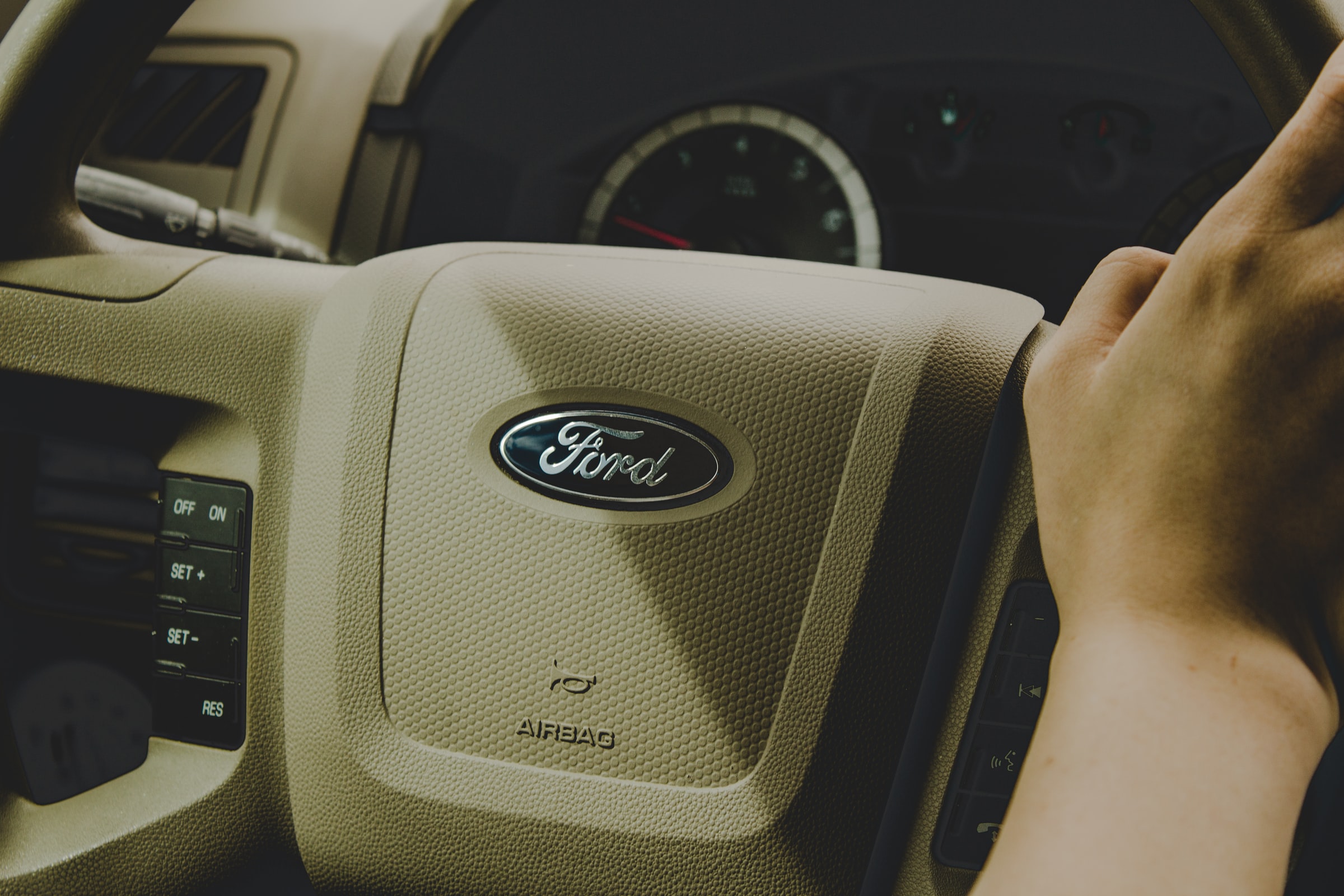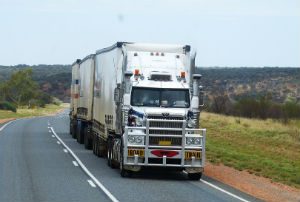An announcement from Ford’s Chief Executive Officer Jim Farley is truly shaking the world of automotives to it’s core as of recent. “We are discussing (battery) cell manufacturing. I think that’s natural as (EV) volume grows.” Farley said this as recently as Friday at Reuters’ Automotive Summit teleconference. Previously, Jim Hackett, the former CEO, held firm the belief that there is “no advantage” to Ford forging their own battery cells. But this change of course is likely attributable to competing automakers investing billions in making their own battery cells. Such companies like General Motors and Tesla are very invested in the possibility of doing their own in-house battery creation.
But what does this mean for Ford Electric?
Well, it just means that they’ll have more control over the capabilities of the Ford Mustang Mach-E and the E-Transit. When compared to combustion-powered engines, all-electric vehicles are not nearly as complicated to build, being that they need way less parts to operate. Combustive engines, when compared to electric motors and battery packs, are higher maintenance. And with a world like this, who has time like that?
Keeping battery cell production in the family, automakers are better equipped to avoid general production problems, that are likely to create delays. Combining manufacturing and eliminating the need for a third-party, makes it way more convenient for Ford.
For the longest time, Panasonic was the exclusive provider of battery cells for Tesla. And sure, they still have their partnership valid in some areas, like the Gigafactory of Nevada. But after a certain amount of time, even Tesla has the strength to stand on it’s own stocks. They’re paving their own path to be laden with battery acid.
Getting back to Ford, it’ll be fascinating to see how this impacts hybrid models, such as the Fusion Plug-In or the Escape Hybrid. But, no worries. We can afford to wait for Ford.




